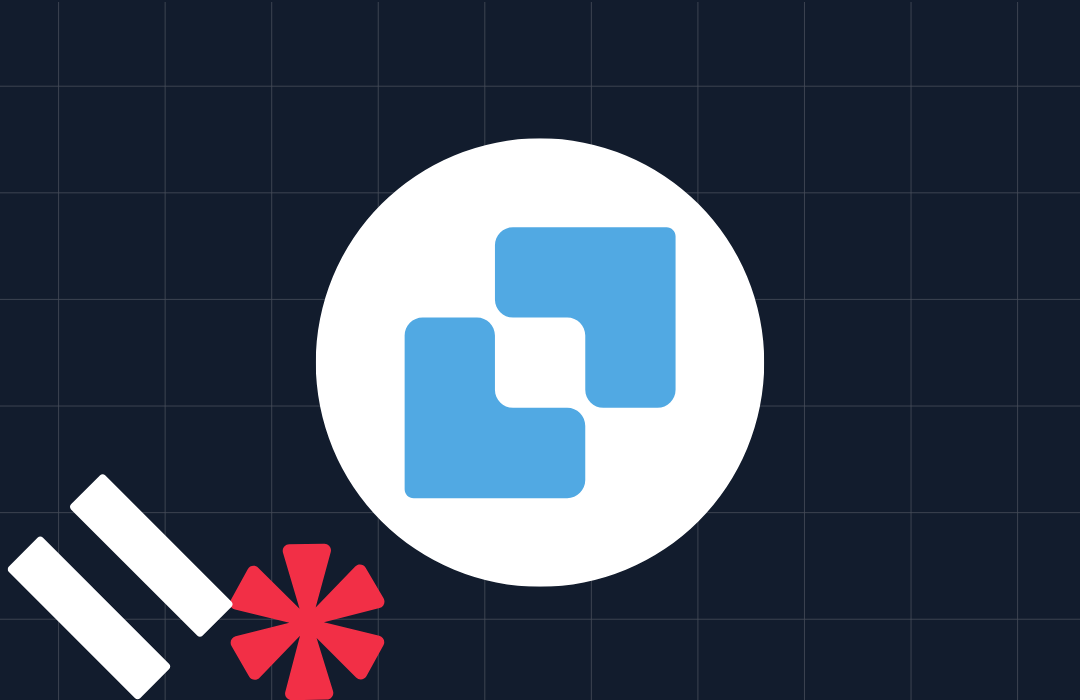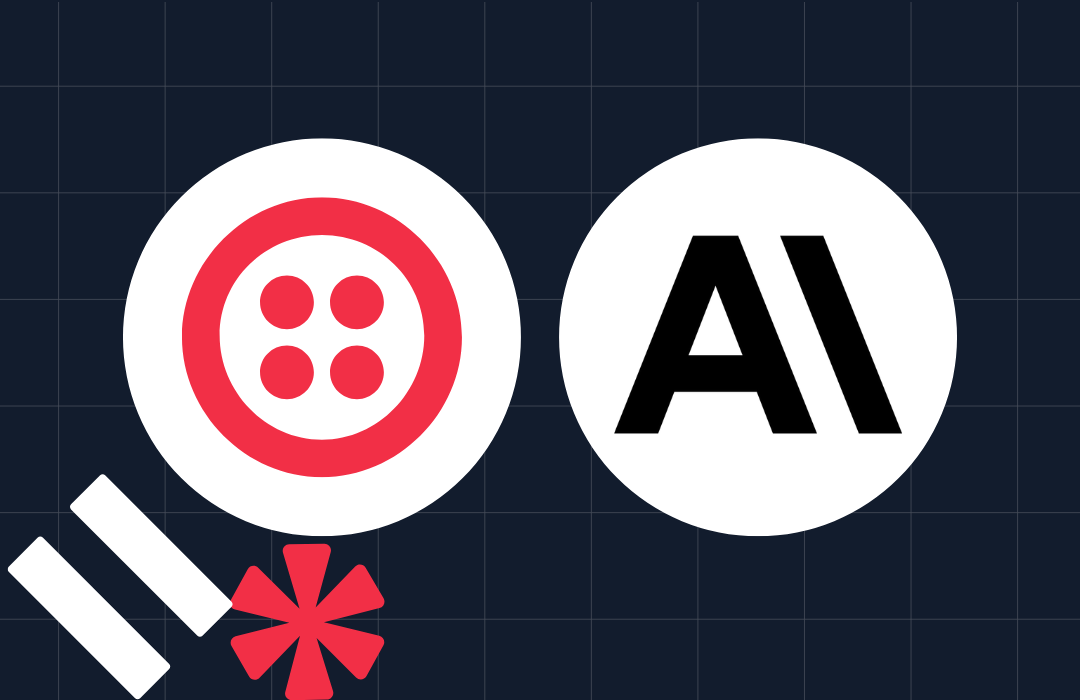Introducing JS Developer for Technical Content, Ashley Boucher
Time to read: 4 minutes


I’m sitting on my friend’s patio, over eight feet away from her, because this is how socializing happens in the time of the coronavirus. She asks me about my new job and I attempt to explain.
“But what exactly will you be doing?”
Before responding, I try, in the expanse of only a moment, to distill the complexities and multitudes of both Twilio as a company, and of my new role as a technical editor for the Twilio blog into a single, eloquent, explanatory sentence. I stumble with my words. I wish I could write it down. The truth is, I’m better with a pen and paper. I always have been.
Writing has been my chosen medium since I first developed the ability to make legible marks, back in kindergarten when my afternoons were spent tracing letters with an oversized pencil.
A Childhood of Writing
My first completed body of writing was a play that was performed in the fall of first grade: a tale of friendship whose ending was lost behind a premature curtain call. Much to my surprise, my teacher mistakenly took the argument between my actors not as my play’s climactic moment, but instead as a real fight between children in paper-bag costumes.

But successes followed this early failure. First, a short story series about woodland sprites paved the way for longer form, fairy-tale fanfic.
For years, I studied under a YA author of modest fame, who eventually proffered recommendations to teachers and college counselors. I landed a seat as an editor of my high school’s literary magazine, where I practiced poetry as an antidote to the affliction of adolescence. Eventually there were awards, scholarships, and, on the horizon, college writing programs.
I was going to be a writer. I had ideas. I was going to create, put my pen to page, and make something genius.
But in the backdrop of my ambitions, there had been a persistent, niggling message from the grownups around me that writing was, actually, “a really stupid career choice.” Their voices were strong. “Be a writer on the side,” they said. “Do something else. Make money.” Eventually, I listened.
I studied business and economics. And like they told me to, I became a writer on the side. Eventually, when life got busier and more complicated, I found that the time I had on the side became no time at all. Eventually, I stopped writing.
Ok, but Now What?
A few years later I found myself as a digital marketer, tinkering with some HTML and CSS on a broken down Wordpress site that needed to be put out to pasture. It was 2013 and spaghetti PHP was everywhere.
But I started digging through the code. I tried to debug things. Then I learned how to use CSS to make elements look different when I hovered with my mouse. I learned how to respond to clicks with JavaScript. I made HTML forms and processed them with PHP. I practiced working with APIs and taught myself how to write SQL. Eventually I registered for online classes.

I began to connect the dots of the web and by the beginning of 2015 I cut my teeth as a freelance full stack engineer. It wasn’t writing, not in the same way, but I was making stuff again. I was creating. I was seeing my ideas come to life on screen. I was still telling my stories. I was excited, and this was satisfying.
Code == Communication
As I started getting into writing docs and teaching software engineering, I had to develop language around what programming really was. How do you demystify coding for beginners? How do you break down barriers for people who think it’s too hard or they can’t do it?
Well, coding is just communication, I thought. Except you’re communicating with a computer instead of a human. You’re using specific language to help your computer understand you. When you learn to code, you’re just learning to communicate in a different way.
And perhaps that’s why it appeals to me so much. In the same way that it’s easier for me to craft a loving message or deliver uncomfortable news or explain my new job at Twilio with the aid of a backspace key and the visual space to structure my thoughts, I can rearrange, edit, construct and reconstruct code with the same tools to build better projects.
Code is writing. It’s expression. It’s creativity. Every line of code is a love letter to your own mind, your own ideas, to the way you see the world. Code, like all art, is never finished. It can be endlessly altered, improved, refined, scrapped, and redone. I suppose, looking back, I never had to make a choice. I am still a writer. I’m still telling stories.
And that, I decide to tell my friend, is what I’m doing at Twilio, as a Javascript Developer for Technical Content. I am helping developers tell their story. I am helping you tell your story. I am here to bring your words to the page, your code to the browser, your ideas to the community. I can’t wait to see what you build.
Ashley is a JavaScript editor for the Twilio blog. To work with her and bring your technical stories to Twilio, find her at @ahl389 on Twitter. If you can’t find her there, she’s probably on a patio somewhere having a cup of coffee (or glass of wine, depending on the time).
Related Posts
Related Resources
Twilio Docs
From APIs to SDKs to sample apps
API reference documentation, SDKs, helper libraries, quickstarts, and tutorials for your language and platform.
Resource Center
The latest ebooks, industry reports, and webinars
Learn from customer engagement experts to improve your own communication.
Ahoy
Twilio's developer community hub
Best practices, code samples, and inspiration to build communications and digital engagement experiences.

